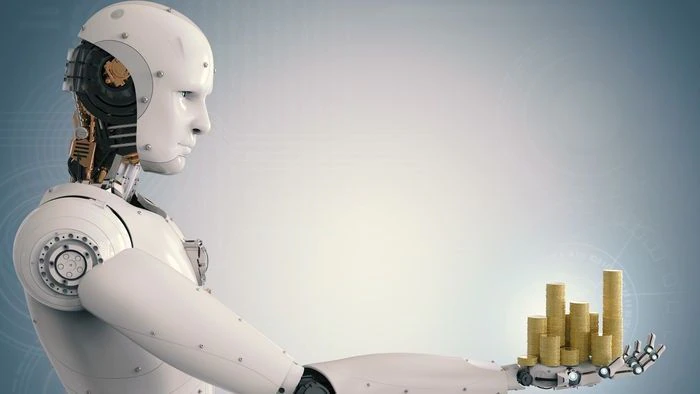Monday, July 10, 2023
Topic: Policy
Content Type: Opinion
Keywords:
AI, market, Hayek, central planning

Artificial Intelligence vs. Hayek: Can an AI Best a Market Economy?
Can an AI overcome market imperfections without sacrificing the enormous benefits markets bring?
There are some good considerations of this question. For example James Pethokoukis (also here), and also Byrne Hobart expands on one of the arguments Pethokoukis makes.
I think the major problem with these analyses is that they're not imaginative enough. Pethokoukis focuses mostly on current LLMs and that they don't have the huge amount of information to be able to coordinate a market. That's absolutely true, but the question is whether an AI that has or could potentially have that information, and with it, could produce better results.
The Main Argument Against an AI Central Planner
Hayek's original argument against a command economy was novel and powerful: a central planner has to simultaneously act on the preferences (revealed and unrevealed) of every consumer, the production technologies available, the labor force available including skills, and the availability of resources. No person, or even a group of people can know anything close to enough to achieve this, and realize that they'd need to be doing this continuously, every second of every day forever.
But to be more precise, Hayek argued that prices of goods and services represent all the knowledge above, pulled up by scarcity and consumer preferences, and pulled down by other products and availability. We don't think of prices as dynamic representations of all of this information, but they are.
The question becomes whether an AI could have as much information as is contained in a price, and even more interestingly, could it have enough information to allocate goods even better than a market system. The answer to the former question, in theory, I believe is yes. Can you imagine a simulation of Earth that is an exact replication of Earth, including the resources, humans, and the human preferences? Considering AI can surely surpass human intelligence, I don't see, in theory, why this would not be conceivable.
But if the answer to that question is no, the next question becomes, can an AI get close enough? Imagine it has data on every exchange for the past fifty years, and every person that was part of the exchange, every parameter of the exchange. Could it create a model from that that would be 99% accurate going forward? 90%? 75%? How close do you think it would come?
The Argument For an AI Central Planner
Now, you should realize that as amazing as prices are, they are not perfect. They don't encompass all information. For one, consumers aren't all-knowing. They probably don't know that there's a sale on a product somewhere where they could obtain a good more cheaply. They may not know there's a good that they might prefer, at a higher price. And getting more complex, even if they did know the availability and price of every possible iteration of what they're looking for, they don't spend days calculating what combination of purchase + shipping would be cheapest to them.
Prices do not encompass all information, and hence, can be improved upon.
That's an example of how AI could improve allocation from a market system. In addition to that, consumers have biases that AI could circumvent. Maybe a person hates Amazon because it reminds them of the rainforest and they despise humidity. AI could suppress where the good was coming from. Perhaps someone dislikes a particular brand because their great grandparent had a bad experience.
Perhaps an AI could not exactly replicate the prices in a free market because it couldn't possibly determine all of the many factors that get, but the real question at issue here is how close an AI could get to replicating the a market allocation and if the problems it could solve in the current allocation would be enough to produce an even better outcome.
Some Other Interesting Things to Consider with an AI Central Planner
- Would we still need "discovery" processes for new goods? What about marginal value of money and goods?
- Would there need to be prices at all?
- How would careers work? Would you need to work? Would you need a salary? Would you choose or would AI choose for you? Would AI choose a set of options, or a career "path"?
- Several have pointed out the complication that the more sophisticated an AI is, the more sophisticated it makes the world and the more complicated it will be to find an optimal path for its denizens.
